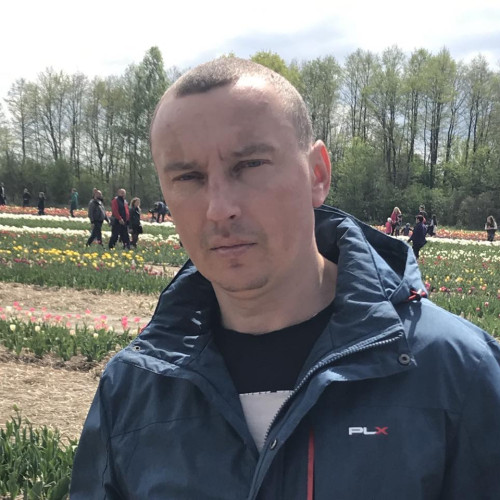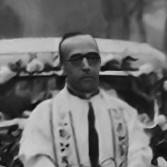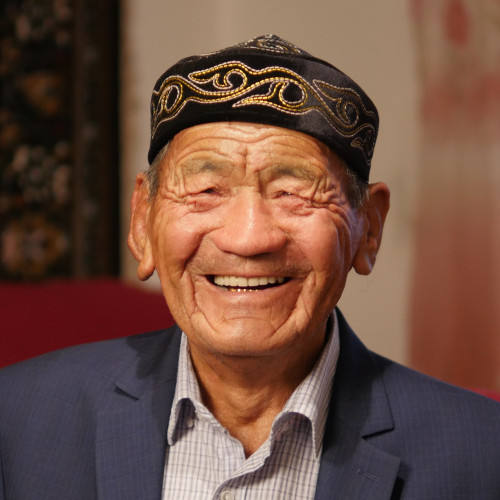Helena Vargová - Instytut Pileckiego
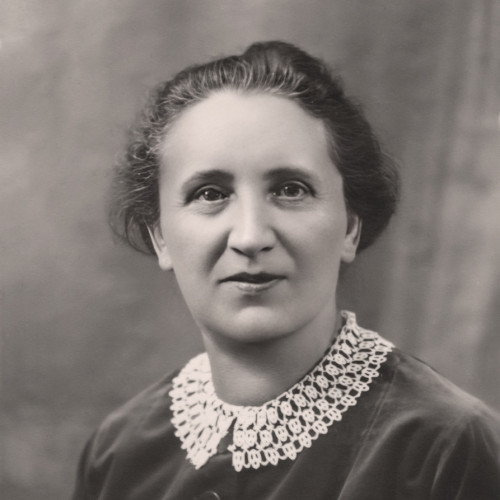
The Kežmarok house was a unique location for Polish couriers and refugees: they could rest and recuperate there, eat a meal, or obtain necessary assistance.
For many centuries, Kežmarok in the Spiš region has stood at the crossroads of European trade routes from the west to the east and from the north to the south, i.e., from Poland to Hungary, which has left an indelible mark on the history and identity of the town. Slovaks, Germans, Hungarians, Poles, Ruthenians and Jews all lived there side by side. During the Second World War, couriers of the Polish Underground State traveling from occupied Poland to Hungary to pass on information and accounts concerning the situation in the country availed themselves of the town’s status as a stop along the route. One of the chief transfer points was established in Kežmarok in the house of Helena Vargová at 28 Starý Trh Street. Other household members, namely the daughters of Helena’s sister, Etela Laczuschová and Berta Ludvighová with her husband Otto, were also engaged in aid activities.
The Kežmarok house was a unique location for Polish couriers and refugees: they could rest and recuperate there, eat a meal, or obtain necessary assistance. Some people stayed there for many months. Etela would repair clothes and help design safe routes. Berta was an invaluable assistant to her husband Otto, who was a taxi driver and helped the couriers and refugees in this capacity. The house of Helena Vargová also served as the couriers’
mail exchange point, and Otto was engaged in delivering mail to occupied Poland. Among those who received assistance from the Slovak family were Wacław Felczak – a historian and emissary of the Polish Government-in-Exile, Józef Krzeptowski – “the king of the Tatra couriers”, and Anna Przemyska – a courier of the Home Army, poet and author of children’s and young adult literature. During one of his stays in Kežmarok, Wacław Felczak managed to avoid arrest only thanks to the intervention of Helena Vargová. Seeing that he was being led by gendarmes, she approached Felczak and began to pretend that he was her cousin – she took him by the arm and went home with him. The gendarmes did not raise a protest, because Helena had a sterling reputation in the town.
Not all members of the Kežmarok household lived to see the end of the war – the 22-year-old Etela died of a disease in March 1944. Due to his German-sounding name, Otto Ludvigh was arrested by the NKVD in February 1945 and sent to a labor camp deep in the USSR. Happily, he was released in December 1949 and returned to Kežmarok, where he lived to a ripe old age with the other two family members.
“The Ludvigh house was valued the most by couriers and relay messengers. It was an ersatz home full of warmth, peace and quiet, and they – constantly pursued, always with a noose around their necks, with their hands groping either for a gun or for a vial of poison – missed these things the most.”
A recollection by Józef Bieniek, soldier of the Peasant Battalions and the Home Army: J. Bieniek, Przyjaciele z trudnych lat, “Rocznik Sądecki” 1974–1977, vol. XV/XVI, p. 273
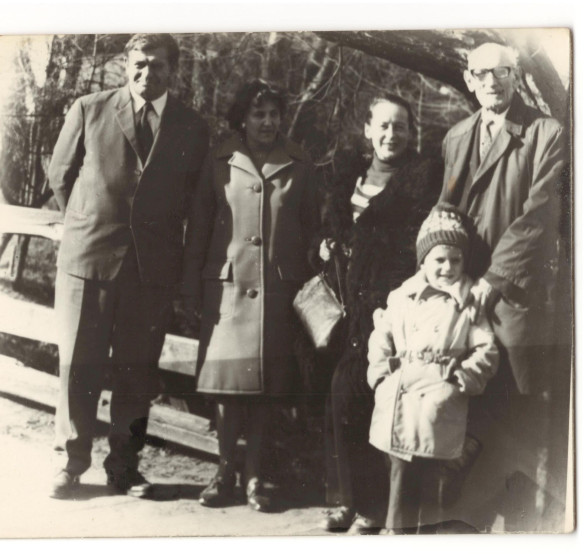
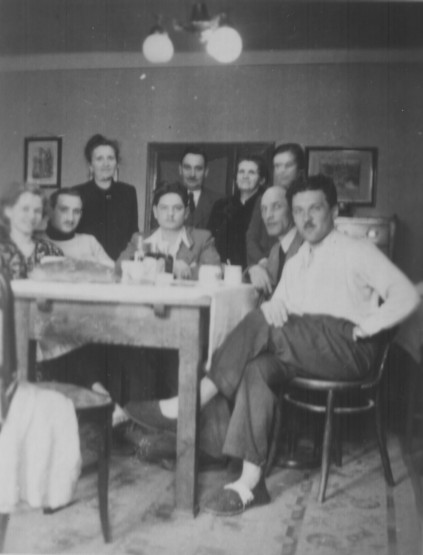
See also
- Wołodymyr Kryżuk

awarded
Wołodymyr Kryżuk
Since the early 2000s, he has been helping Poles who travel to look after the graves of the victims of the massacre carried out by members of the Ukrainian Insurgent Army (faction of the Organization of Ukrainian Nationalists).
- Raymond Voegeli

awarded
Raymond Voegeli
(1894–1980)Helping those in need was the meaning of Father Raymond Voegeli’s life. Before the war, he was a member of the Camillians, whose main mission was ministering to the sick.
- Tassybaj Abdikarimow

awarded
Tassybaj Abdikarimow
(1938–2020)The Jabłoński family were in an difficult situation — terrible sanitary conditions, shortage of food, and hard labor in the sun caused a very high mortality rate among he inhabitants. During this difficult time, help came from a 16-year-old Kazakh.
